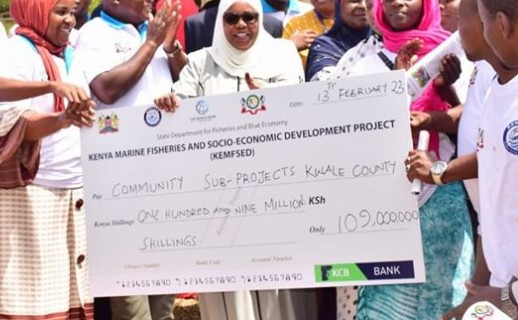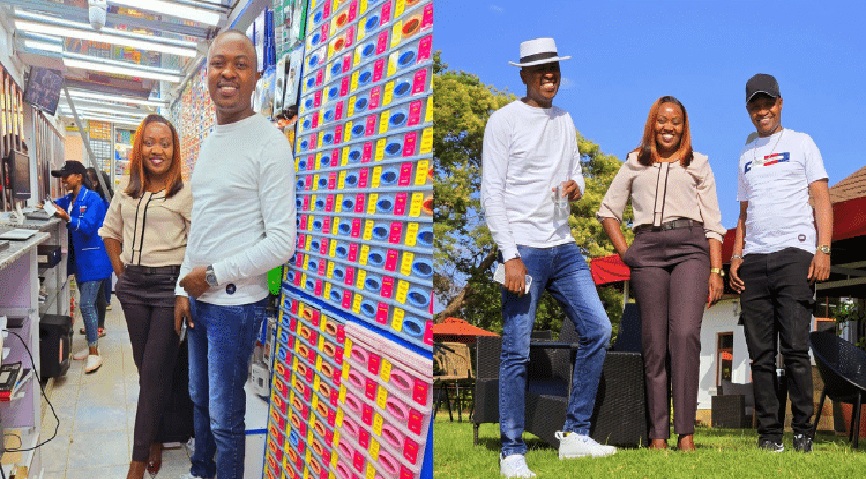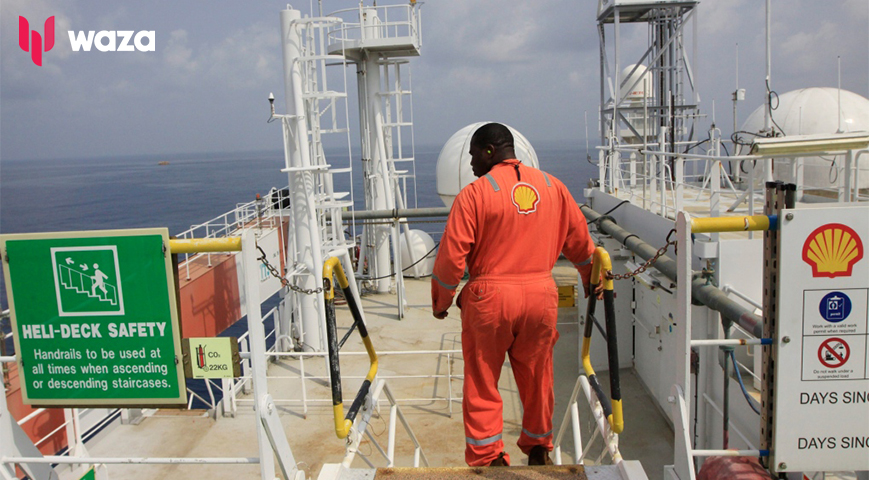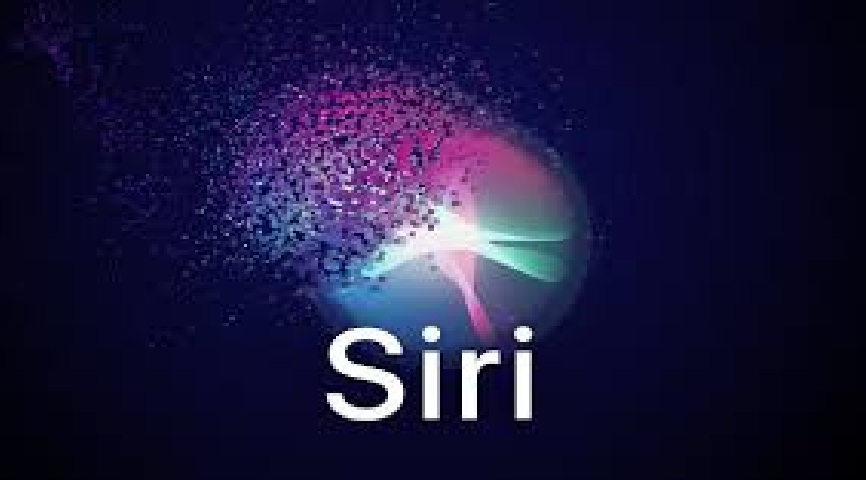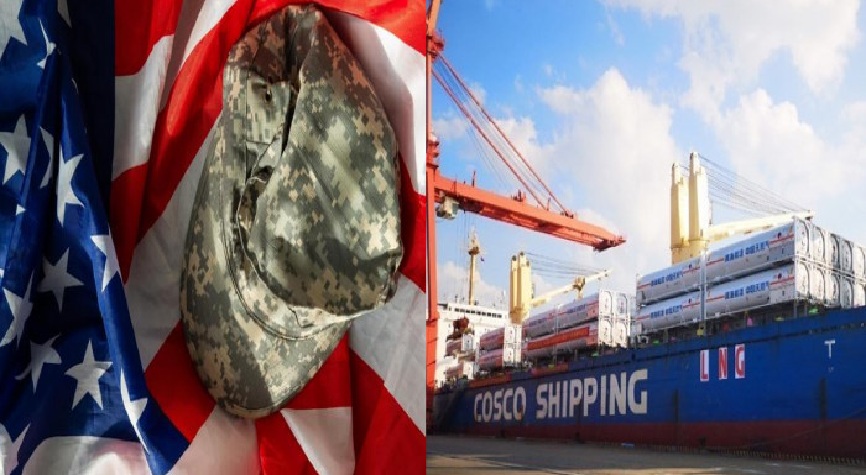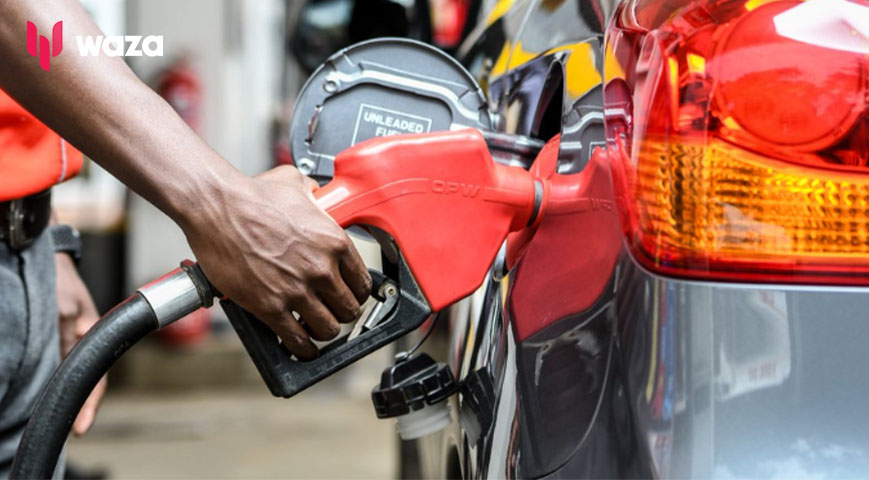Grants of Kes109 million have been given to community projects in Kwale County by the State Department for Blue Economy and Fisheries through the Kenya Marine Fisheries and Socio-economic Development (KEMFSED) project.
The Kenyan government and the World Bank are both sponsors of the KEMFSED initiative, which aids Kenya in utilizing new prospects in the blue economy sector.
The multibillion-shilling endeavour aims to assist community-level programmes for preserving and repairing the marine environment.
A wide range of economic activities, including fishing, aquaculture, maritime transportation, and tourism, are included in the blue economy sector in coastal communities.
The coastal counties of Mombasa, Kwale, Kilifi, Lamu, and Tana River would implement the project concurrently from 2020 to 2025 with funds totalling Kes10 million.
Did you read this?
Grants are disbursed to enhance coastal communities' livelihoods by enabling innovation, diversification, value-addition, business growth and increased employment.
The first round of the blue economy funding unveiled by Governor Fatuma Achani will benefit 43 marine conservation groups.
She Achani noted that the grants will benefit residents and economies by boosting coastal resilience, stabilizing shorelines and protecting maritime ecosystems.
Further, the Governor has urged the beneficiaries to use the grants prudently to promote a sustainable and resilient blue economy and solve many climate-related problems.
"The grants target projects and programmes that boost economic growth, reduce poverty and improve people's livelihoods," she added.
Additionally, Achani also issued a Kes2.2 million to 30 students pursuing blue economy courses through KEMFSED's scholarship component.
Achani stated that those already employed in the blue economy sector who wish to further their careers or those who wish to enter the field are urged to apply for funds for skill development and training.
Achani pointed out that communities and businesses can handle change and the growing need to be more flexible and adaptable within today's blue economy by having the appropriate skills and training.
According to her, the KEMFSED project has given the recipients technical assistance to carry out side projects that would supplement fisheries revenue, enhance social welfare, and safeguard the marine environment.

